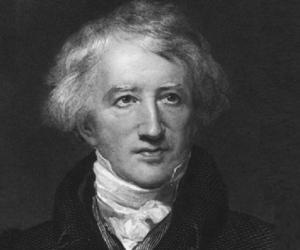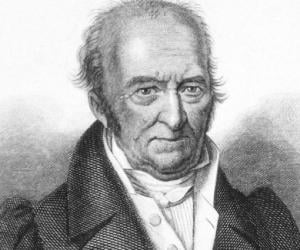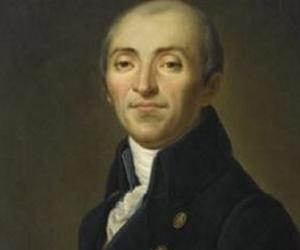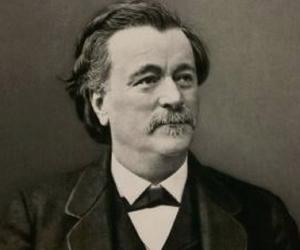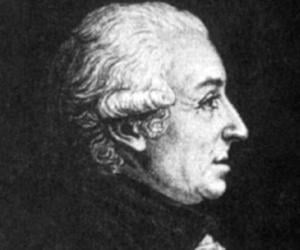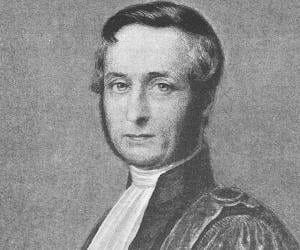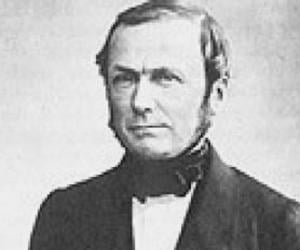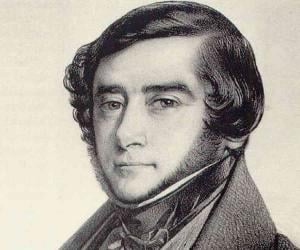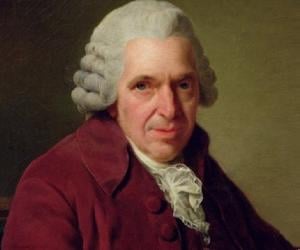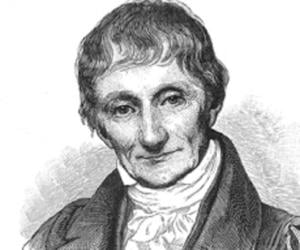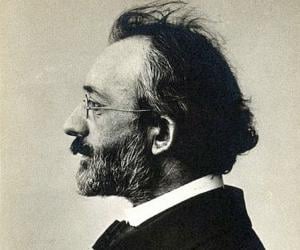1
Georges Cuvier
(French Naturalist and Zoologist Known for Establishing the Field of 'Comparative Anatomy' and 'Paleontology')
Birthdate: August 23, 1769
Sun Sign: Virgo
Birthplace: Doubs, France
Died: May 13, 1832
Georges Cuvier was a French naturalist and zoologist renowned as the "founding father of paleontology." He significantly contributed to comparative anatomy and paleontology by comparing living animals with fossils, establishing extinction as a fact, and advocating catastrophism in geology. Cuvier's work laid the foundation for vertebrate paleontology and expanded Linnaean taxonomy. He identified extinct species like the mastodon and Megatherium, named Pterodactylus and Mosasaurus, and contributed to the understanding of prehistoric life dominated by reptiles. Despite opposing evolution theories, his scientific contributions were honored during his lifetime.
